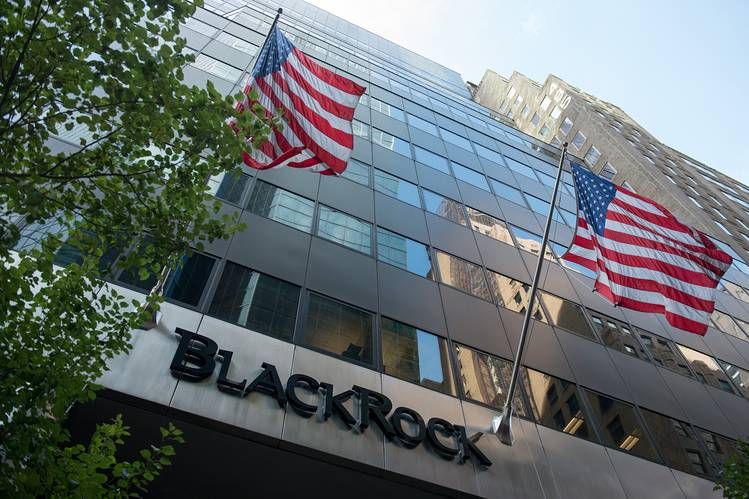BlackRock has published its Q2 Global Quarterly Stewardship Report, in which it reveals that its engagement with companies increased by 22% during the latest quarter compared to the second quarter of 2019, with a greater focus on societal themes as a result of the COVID-19 pandemic.
During the quarter, the BlackRock Investment Stewartship engaged in direct dialogue with 812 companies, while conversations on human capital management have risen three-fold as a result of the pandemic-driven shift of focus.
“We have learned from our engagements that companies are finding it challenging to balance the short-term actions needed to mitigate the professional and personal effects of COVID-19 on their employees, customers, and other stakeholders,” BIS said.
[More: Impact investing rides the waves of social unrest]
“Companies are having to transition their business models to allow employees to work from home or in a safe, socially distanced environment. This transition also includes companies re-designing their supply chains and operations due to impacts caused by COVID-19.”
Overall, of the 974 engagements made during the quarter, some 920 were focused on governance, 370 on the environment and 308 on social issues, with topics ranging from corporate strategy to climate risk management to operational sustainability.
Focus on human capital
As part of the effort increase its focus on human capital, BIS is currently participating in a consultation by the Sustainable Accounting Standards Board to enhance its human capital reporting standards.
In addition, in the autumn BIS plans to “take time to assess the impact of companies’ response to COVID-19 and associated issues of racial equality,” including looking at how companies pursue sustainable social practices more broadly.
BIS said it will be “increasingly disposed to vote against management should companies fail to appropriately balance the needs of stakeholders.”
[More: Global sustainable fund assets hit $1 trillion]
In the second half of the year, BIS intends to focus on the financial and operational resilience of companies in the face of the pandemic to identify the companies that are being “built back more resilient.”
“For example, many companies are now looking at how to shorten their supply chains or at least bring them closer to demand. In these situations, BIS wants to understand how that is likely to impact supplier relationships, due diligence, product provenance, resiliency versus efficiency, and overall long-term sustainability.”
Voting practices
Overall, BlackRock voted at more than 9,200 shareholder meetings on over 100,000 proposals in the second quarter, a similar number to the same time last year despite the constraints of Covid-19. It voted against at least one management proposal at 43% of meetings globally and against management’s recommendations on 9% of proposals.
On climate-related issues specifically, during the 2020 proxy season the group voted against 22% of companies it identified as “making insufficient progress integrating climate risk into their business models or disclosures” and has put 191 companies on watch.
However, overall BlackRock voted against management on just 7% of environmental shareholder proposals, 6% of governance proposals and 6% of social proposals across the globe in Q2. The highest percentage of votes against management were in the area of anti-takeover and related proposals (20%) and compensation (17%).
Meanwhile, during the quarter, the group also published 29 voting bulletins to inform clients about the voting decisions it has made and the rationale behind them.
“The issues covered in these bulletins range from long-standing governance issues, such as enhancing alignment between executive pay and company performance to climate-risk management and related disclosures,” BIS said.
In the EU, BlackRock has also been working on its first annual reporting under to its institutional clients SRD II, which will cover various aspects of its equity investment strategy as well as providing reporting on the use of proxy advisors, its policy on securities lending, and an explanation of how BIS deals which conflicts of interest with regard to engagement activities.








